Iran security chief: Conflict in Caucasus benefits no country, any geographical change leads to tension
Iran's top security official says tension and conflict in the Caucasus region benefit no country, while indicating Iran's opposition to any geographical change in that region.
Secretary of Iran's Supreme National Security Council (SNSC) Ali Shamkhani made the remarks in a meeting with the visiting Secretary of Armenia’s Security Council Armen Grigoryan in Tehran on Sunday.
"Any geographical change in the South Caucasus region is a tension-building measure, which will play into the hands of the enemies of regional security and stability," Shamkhani said.
Iran's top security official added that continuous dialogue and interaction must replace any "hard approach" to ending regional challenges.
His remarks came against a backdrop of decades of tension between Armenia and Azerbaijan over the disputed Nagorno-Karabakh region on the border between the two countries.
Karabakh is internationally recognized as part of Azerbaijan, but has a primarily Armenian population that has resisted Azerbaijani rule since a separatist war there ended in 1994.
In 2020, the second Karabakh war broke out, killing more than 6,500 people on both sides during a six-week conflict. The war ended with a Russian-brokered deal that saw Yerevan cede swathes of the Azerbaijani territory that it had been holding for several decades.
Last month, Armenia said Azerbaijan was preparing an escalation against Yerevan via the use of an "aggressive rhetoric" that was aimed at undermining the existing agreements between the two countries. Yerevan also alleged that Baku was preparing for what it called subjecting the Armenians of Nagorno-Karabakh to "genocide" and for "a new aggression" against Armenia.
Elsewhere in his remarks, Shamkhani said the Caucasus region is going through a sensitive period, expressing hope that Azerbaijan and Armenia would be able to overcome the existing tensions through self-restraint and prudence.
He mentioned development of cooperation and interaction with neighbors as an unchanging principle of Iran's foreign policy and a priority for the sitting Iranian administration.
"[Maintaining] good-neighborly relations and making a joint endeavor for the settlement of the regional challenges through peaceful means are among the Islamic Republic's most important pieces of advice to all [regional] parties," Shamkhani asserted.
For his part, Armenia's top security official said Iran played an "important role" in the development of relations among South Caucasus countries and also in protecting the regional security.
Grigoryan lauded Iran's "very effective" role in the realization of regional peace and stability, emphasizing that dialogue and interaction among countries constitute the only way of resolving the existing regional crises and preventing further tension and conflicts.
VIDEO | Press TV's news headlines
India has made no official move to halt Russian oil imports: Kremlin
Iran’s biotech leap into global elite club of seahorse breeders
World scholars, thinkers express support for Ayatollah Khamenei amid US threats
Hezbollah leader warns of ‘existential threat’ amid US-Israeli disarmament push
Vietnam preparing for possible US military aggression: Leaked report
Qatar: High-level dialogue with Iran ongoing to prevent regional escalation
VIDEO | 'Iranians will not hand over the country due to US military threats'


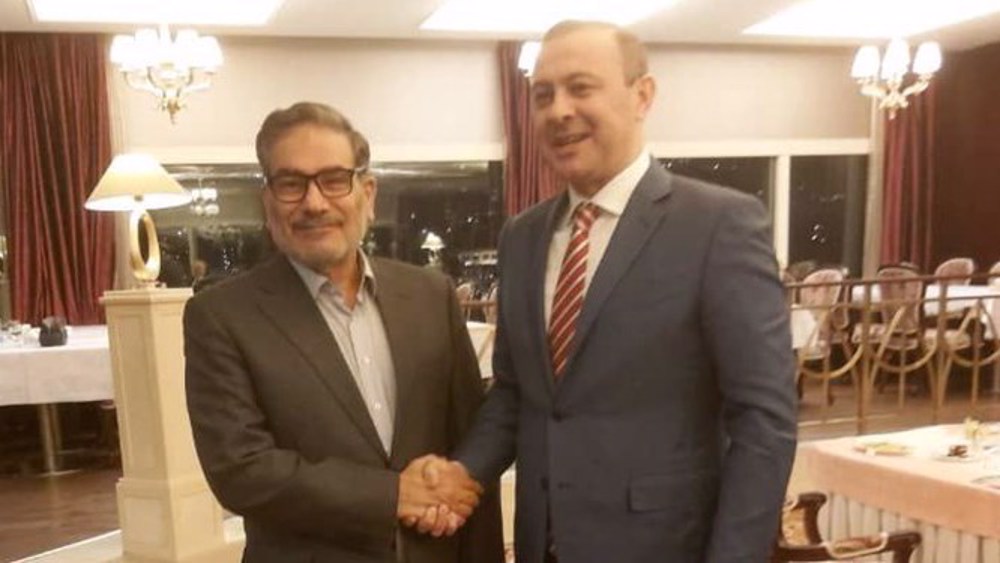
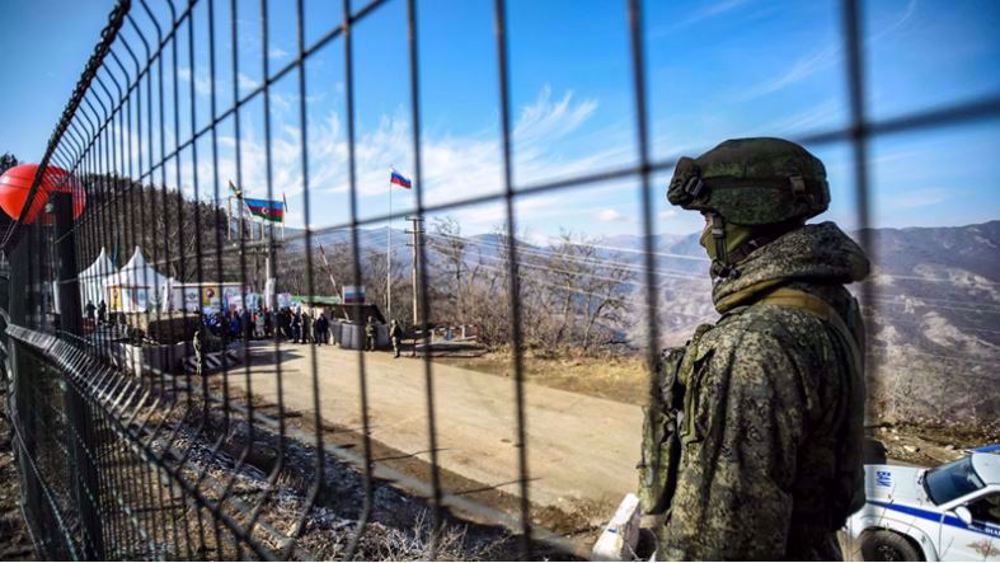
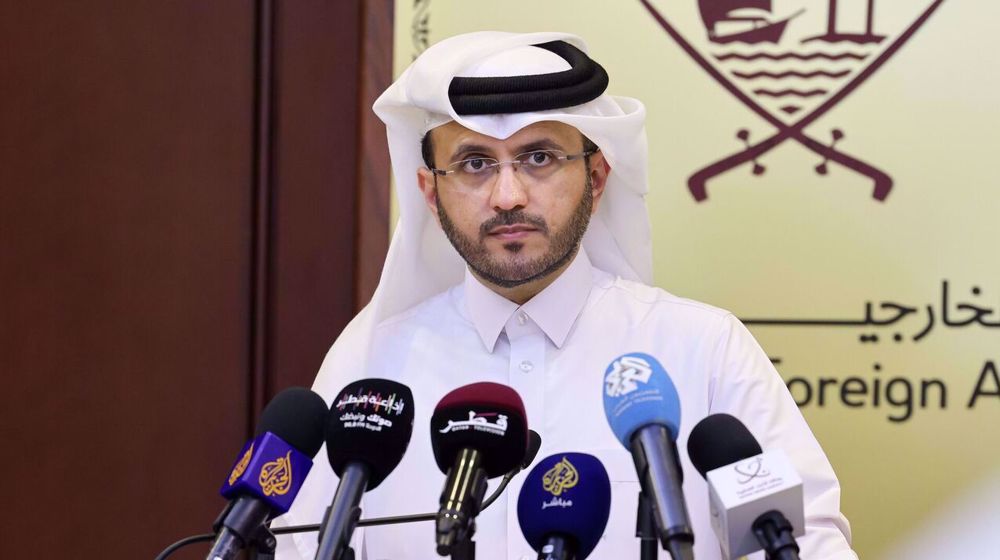
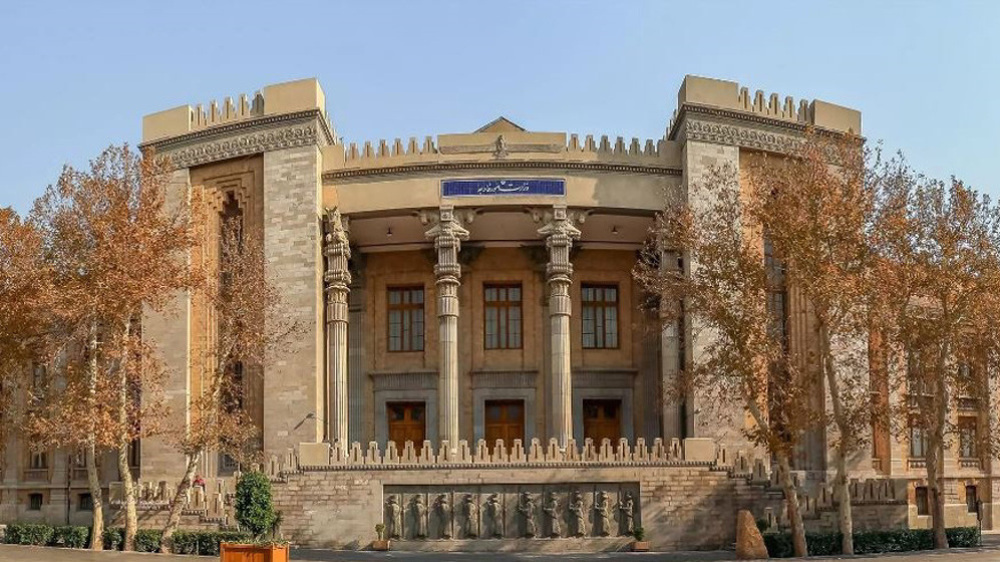
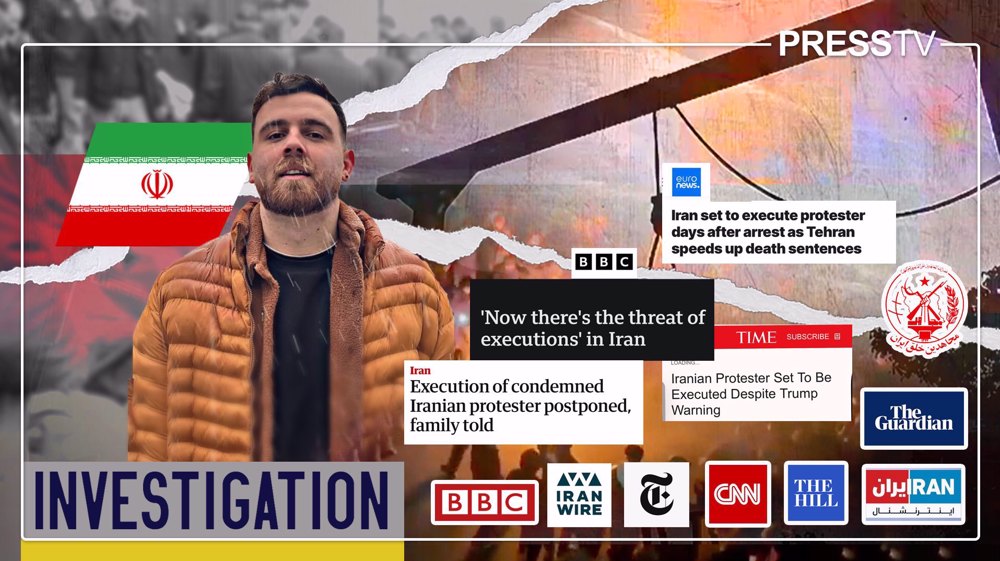



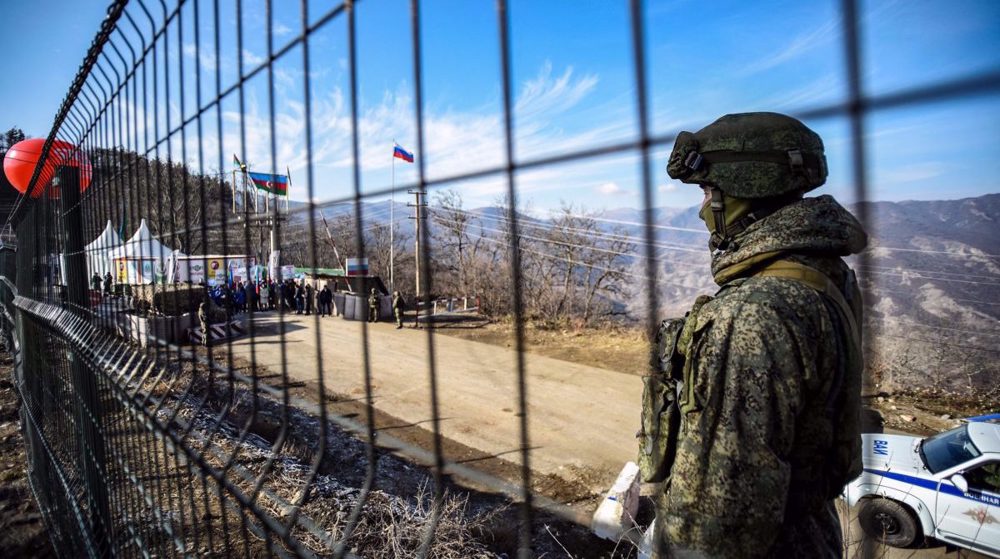
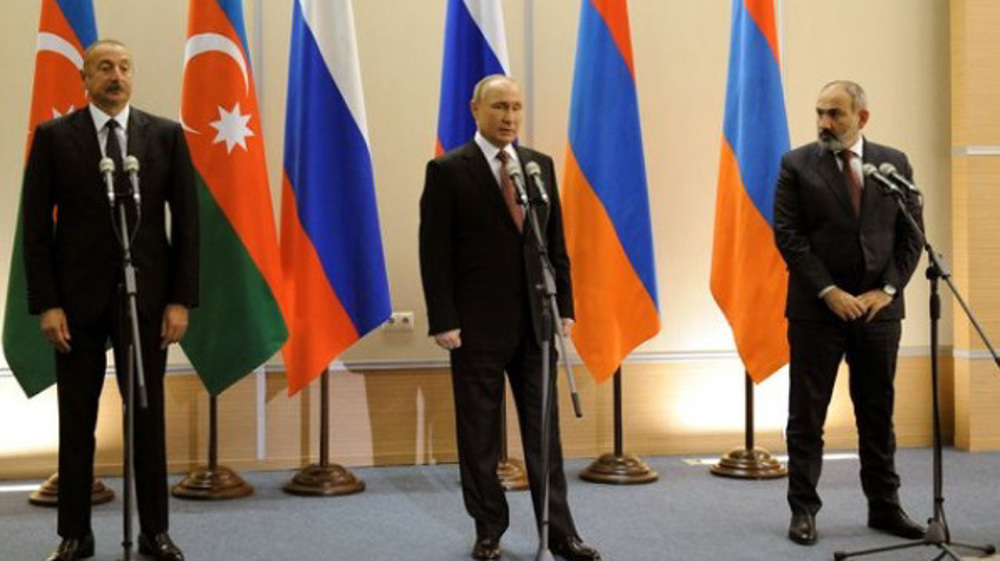
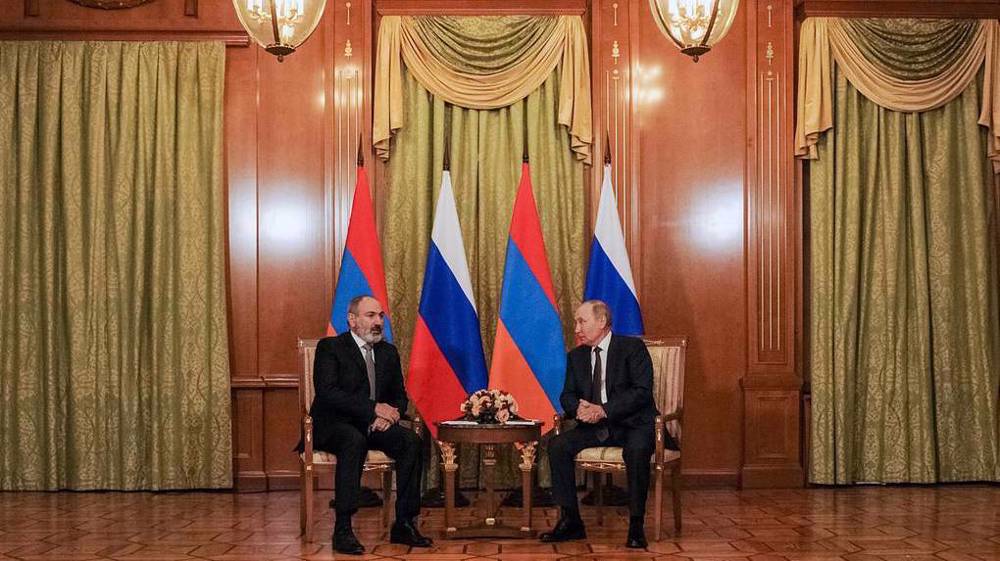

 This makes it easy to access the Press TV website
This makes it easy to access the Press TV website